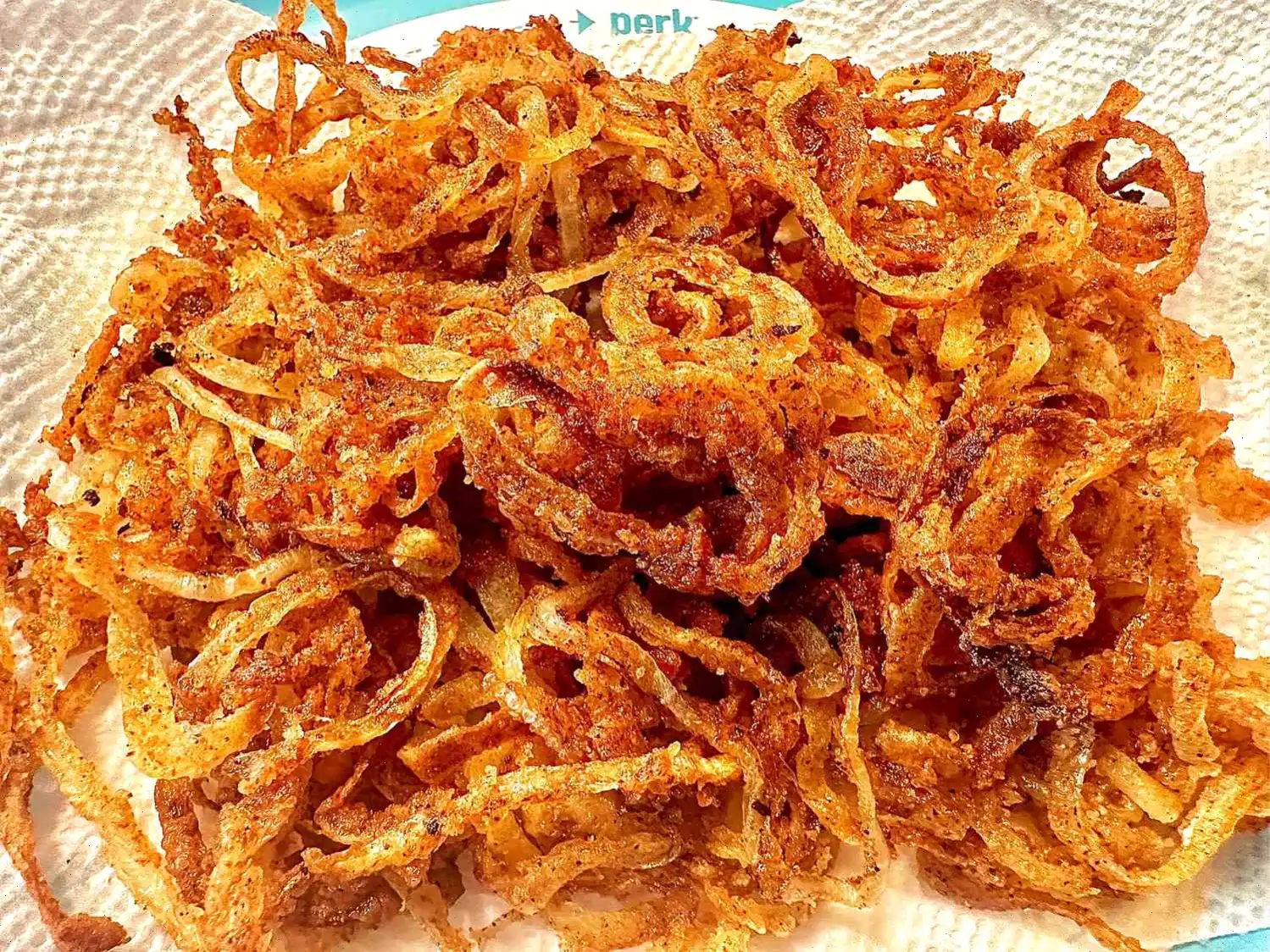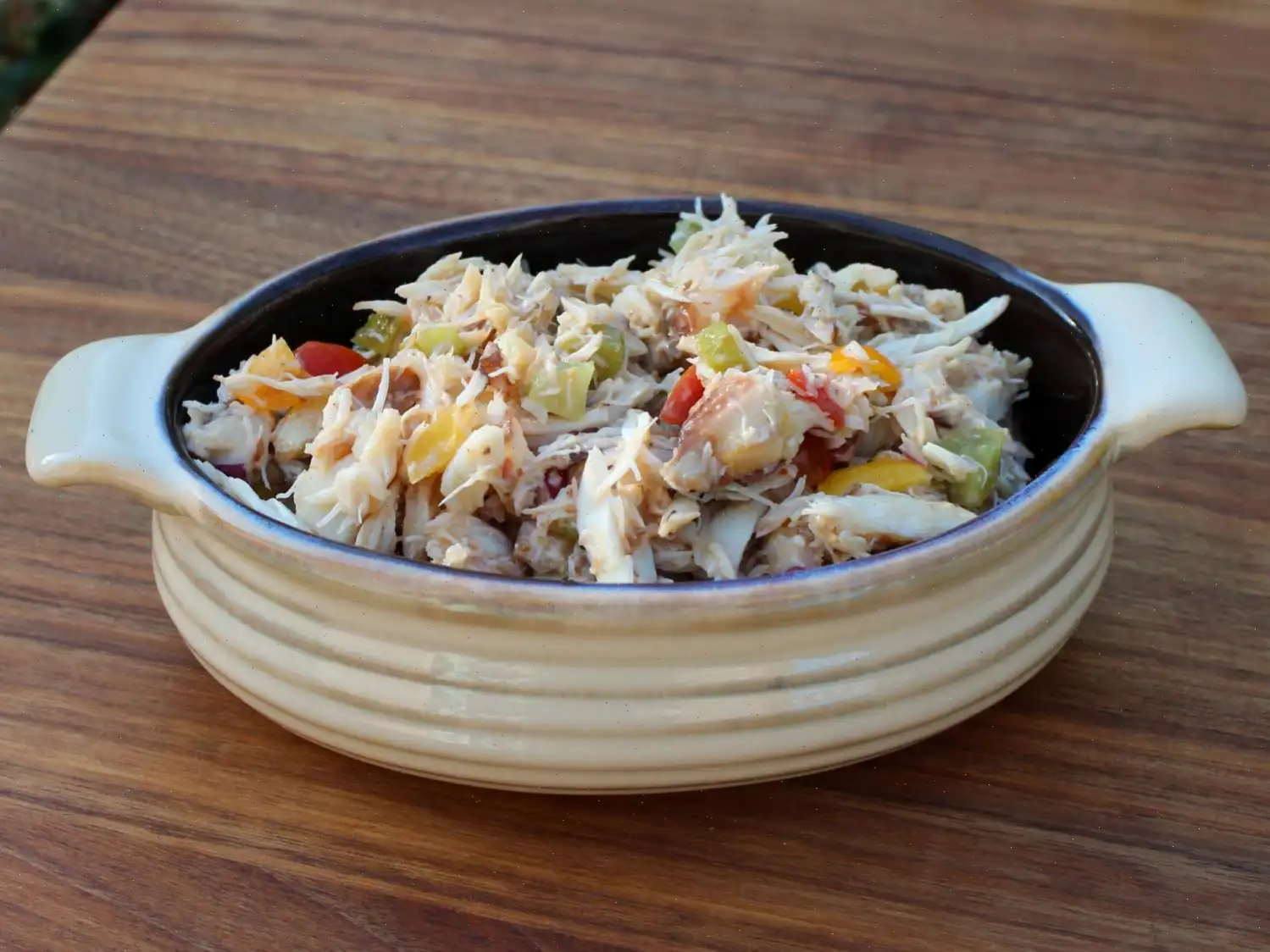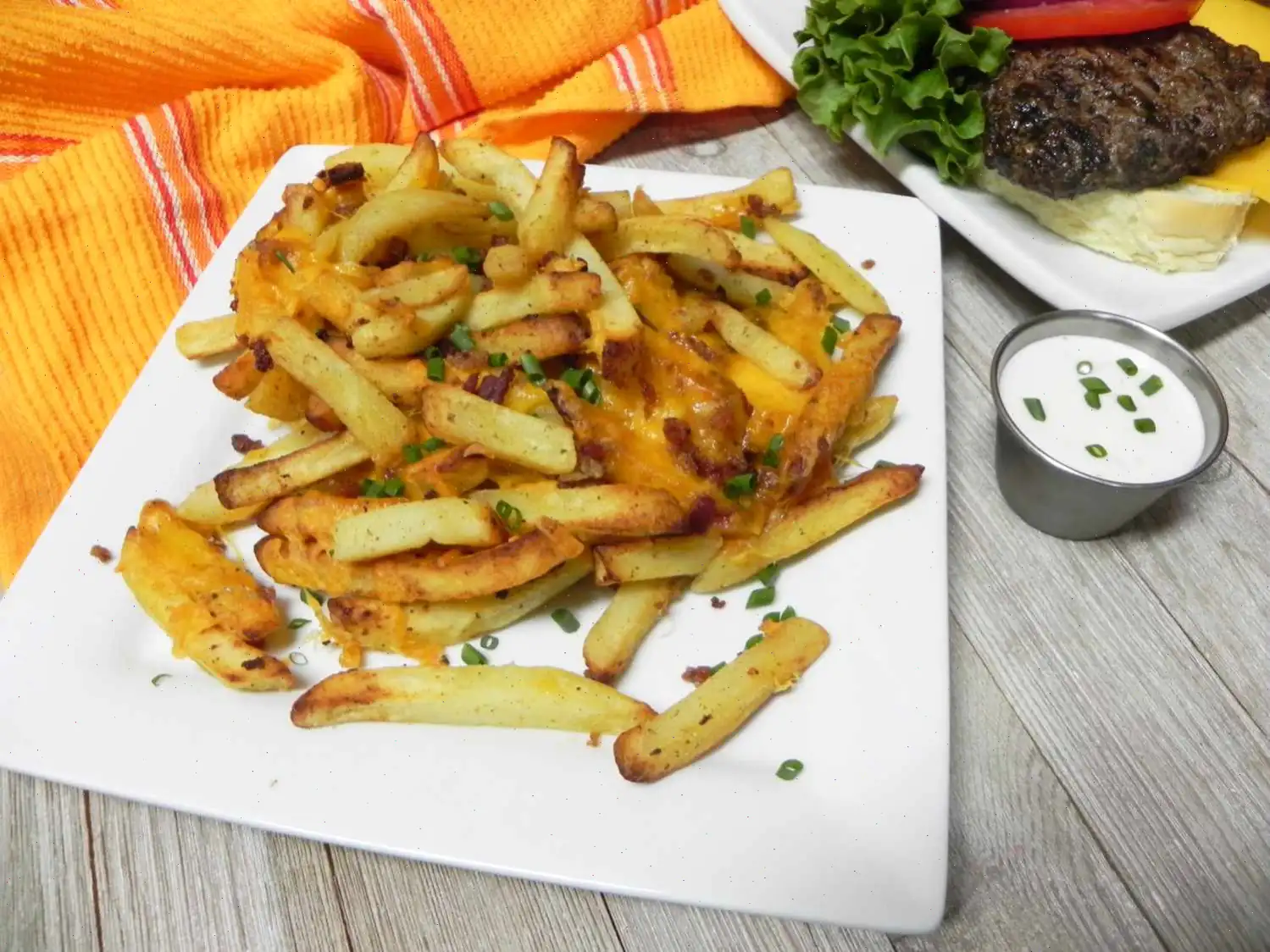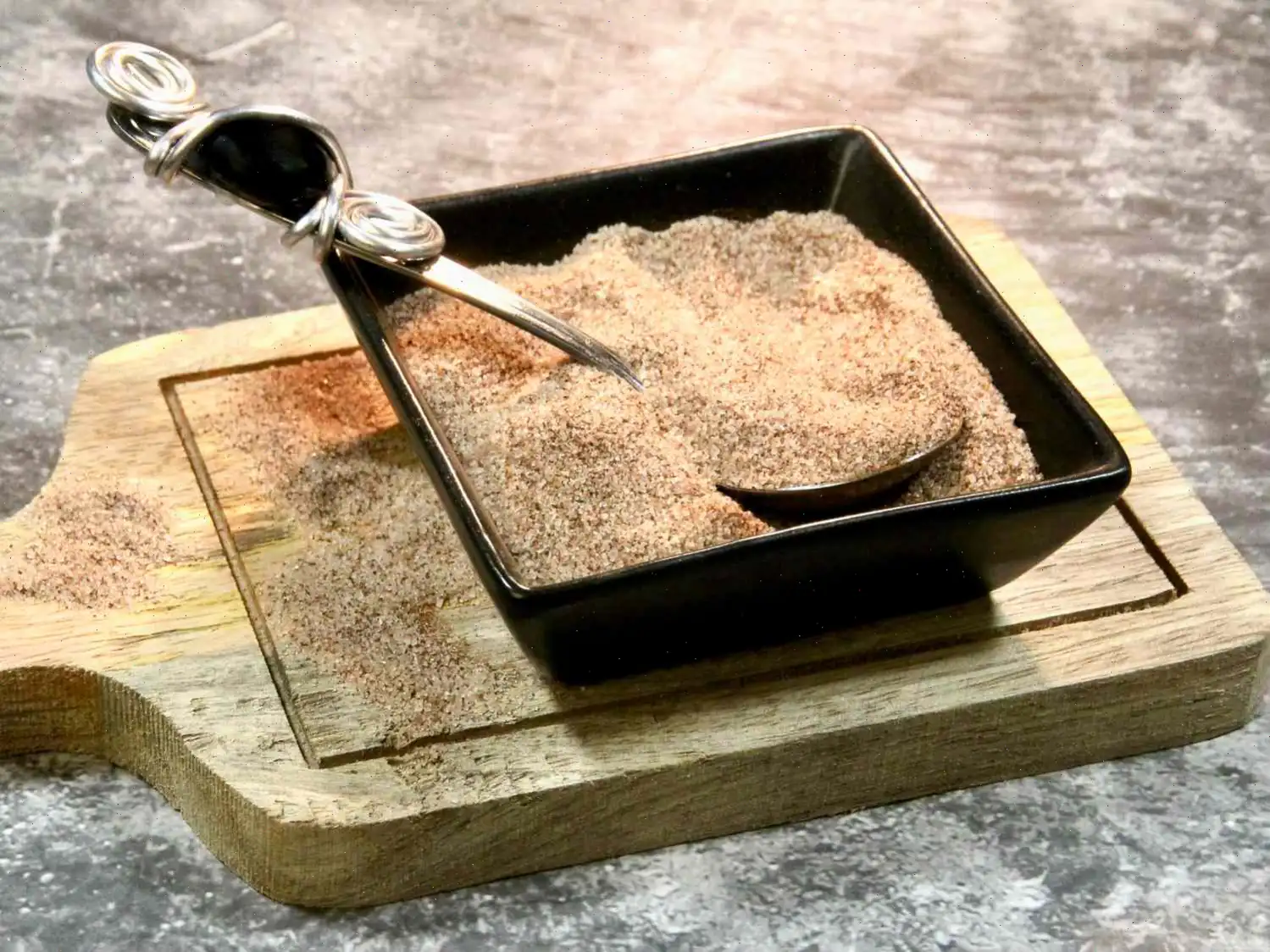
Receta de Cebollas al Tabaco
Las cebollas finamente cortadas se fríen hasta quedar crujientes y doradas en esta deliciosa receta de cebollas tipo tabaco. Perfectas para añadir a hamburguesas, ensaladas o incluso como un snack crujiente por sí solas. Con solo unos pocos ingredientes sencillos, puedes hacer fácilmente estas cebollas fritas adictivas en casa.
Receta de Aros de Cebolla Crujientes
Ingredientes
- 2 tazas de aceite vegetal (ajustar segn sea necesario)
- 4 cucharadas de harina de trigo
- 2 cucharaditas de pimienta de cayena (ajustar al gusto)
- Una pizca de sal
- 1 cebolla espaola grande, cortada en rodajas finas
Instrucciones
- Calienta el aceite en una sartn profunda o freidora a 190C (375F).
- En un bol amplio, mezcla bien la harina, la pimienta de cayena y la sal.
- Sumergir cada rodaja de cebolla en la mezcla de harina, asegurndote de que quede bien cubierta por todos lados.
- Agita suavemente el exceso de harina y coloca las rodajas de cebolla en el aceite caliente por partes, para evitar que se peguen entre s.
- Fre los aros de cebolla durante 3-5 minutos, hasta que se doren y adquieran un color dorado y crujiente.
- Retira los aros de cebolla con una espumadera y colcalos sobre un plato con papel absorbente para eliminar el exceso de aceite.
Consejo adicional para cocinar en sartn:
Si prefieres usar una sartn, vierte 1/4 de taza de aceite vegetal en una sartn grande y resistente. Calienta a fuego medio-alto y cocina los aros de cebolla por tandas, asegurndote de que queden crujientes y dorados.
Informacin Nutricional (por porcin, 4 porciones en total)
| Nutriente | Cantidad |
|---|---|
| Caloras | 166 |
| Grasa Total | 14g |
| Grasa Saturada | 1g |
| Colesterol | 0mg |
| Sodio | 34mg |
| Carbohidratos Totales | 10g |
| Fibra Diettica | 1g |
| Azcares Totales | 2g |
| Protenas | 1g |
| Vitamina C | 2mg |
| Calcio | 10mg |
| Hierro | 1mg |
| Potasio | 79mg |
Los valores diarios se basan en una dieta de 2,000 caloras. Las necesidades individuales pueden variar.
Las cebollas tabaco, a pesar de su nombre intrigante, no tienen relacin alguna con el tabaco. Este plato se origin en el Reino Unido como un acompaamiento creativo para carnes asadas y filetes. Su nombre proviene del color dorado profundo que adquieren las cebollas al frerlas, recordando a las hojas de tabaco curadas. Este acompaamiento sencillo pero lleno de sabor gan popularidad en los pubs britnicos durante el siglo XIX, cuando los cocineros buscaban formas de aadir un toque crujiente y ligeramente picante a las comidas tradicionales.
Caractersticas Regionales
Aunque las cebollas tabaco se asocian ampliamente con la cocina britnica, existen variaciones segn la regin. En Escocia, a veces se espolvorean con una mezcla de harina y pimentn en lugar de cayena, logrando un sabor ms suave y ahumado. En Inglaterra, especialmente en Yorkshire y Midlands, es ms comn el uso de pimienta cayena, que ofrece un sabor ms intenso y picante. Fuera del Reino Unido, los chefs han adaptado la receta usando cebollas y aceites locales, aunque la tcnica fundamental de frer aros de cebolla finamente cubiertos se mantiene constante.
Diferencias con Platos Similares
Aunque podran confundirse con aros de cebolla o cebolla frita al estilo francs, las cebollas tabaco se distinguen por varios aspectos. Primero, se recubren con una mezcla de harina y cayena en lugar de una masa completa, lo que crea una textura ms ligera y crujiente. A diferencia de los aros de cebolla tradicionales, que son gruesos y suaves por dentro, las cebollas tabaco son finas y casi frgiles, permitiendo que se fran de manera uniforme y aporten un sabor ahumado y ligeramente picante. Su caracterstico color tabaco tambin las diferencia visualmente.
Cmo se Sirven
Las cebollas tabaco se sirven principalmente como guarnicin o acompaamiento. Complementan filetes a la parrilla, rosbif o sndwiches, agregando textura y un estallido de sabor. En los modernos gastropubs britnicos, se espolvorean a menudo sobre sopas o ensaladas para un toque crujiente. Tambin se pueden acompaar con salsas o dips, ofreciendo una opcin verstil tanto para comidas informales como para cenas ms elaboradas.
Curiosidades
- A pesar de su apariencia, las cebollas tabaco son aptas para vegetarianos y a menudo veganas si se fren en aceite vegetal.
- La tcnica de cortar finamente y frer data de principios del siglo XIX en Inglaterra, cuando los cocineros utilizaban mtodos similares para crear acompaamientos crujientes con vegetales bsicos.
- En algunas zonas del Reino Unido se les conoce como Little Fried Onions (pequeas cebollas fritas), reflejando su tamao delicado en comparacin con los aros de cebolla tradicionales.
- El condimento de cayena no solo aporta picante, sino que tambin ayuda a lograr el color marrn intenso caramelizando la harina durante la fritura.
- Aunque son fciles de preparar, las cebollas tabaco son un acompaamiento favorito para hamburguesas gourmet y platos de comida callejera moderna, demostrando su versatilidad atemporal.
Preguntas frecuentes sobre Receta de Cebollas al Tabaco
Compartir
Comentarios
Emma Turner
12/11/2023 10:44:42 AM
Primero probé estas cebollas, también conocidas como Cebollas fritas pequeñas, usando una mandolina para cortarlas finamente. Quedaron deliciosas, aunque encontré que 1 cucharada de aceite no fue suficiente y 2 cucharaditas de cayena fueron demasiado intensas. Para mi siguiente intento (ya que definitivamente lo habrá), planeo aumentar el aceite a 1/4 de taza y reducir la cayena a 1 cucharadita. ¡Gracias por compartir tu receta!
James Martin
08/23/2023 10:16:23 PM
Puse estas cebollas crujientes sobre mi bistec y estaban absolutamente deliciosas. Estoy deseando probarlas nuevamente en una ensalada o en una sopa cremosa.







